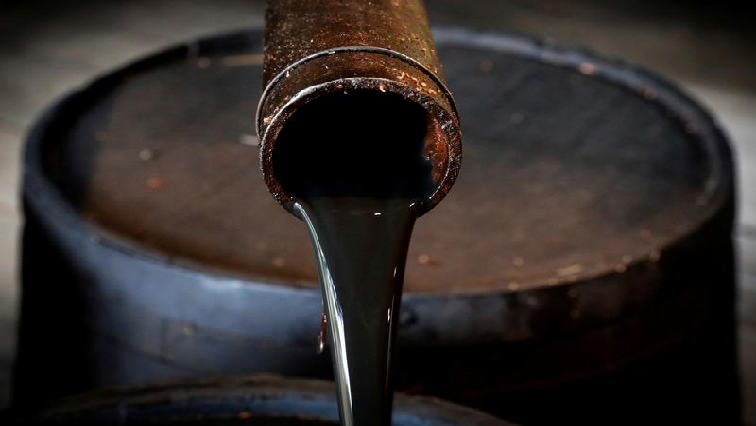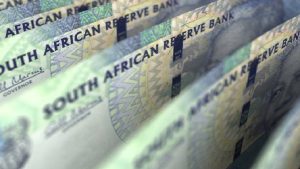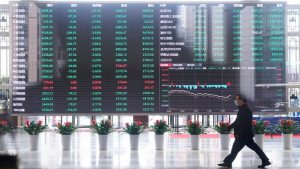Some of the world’s biggest crude oil buyers said on Thursday they are looking at tapping strategic oil reserves after several sources told Reuters the United States had requested a coordinated move to cool global energy prices.
Oil prices are down around 4% since Wednesday as the shock treatment seemed to take effect.
The administration of US President Joe Biden asked big oil buyers like China, India and Japan to consider releasing crude stockpiles, according to several people familiar with the requests.
The unusual move comes as Biden, facing midterm elections next year, fends off political pressure over rising pump prices and other consumer costs driven by a rebound in economic activity from lows plumbed early in the coronavirus pandemic.
“Brent is now under 80 bucks,” said John Driscoll, managing director at consultancy JTD Energy in Singapore. “It’s having a short-term effect on oil markets, it’s probably good for at least a 5% correction.”
The US move also reflects frustration with members of the Organization of the Petroleum Exporting Countries (OPEC) and its allies who have rebuffed repeated requests from Washington to speed up production increases.
Biden and top aides have discussed the possibility of a coordinated release of stockpiled oil with close allies including Japan, South Korea and India, as well as with China, over the past several weeks, sources told Reuters earlier.
China’s state reserve bureau said it was working on a release of crude oil reserves although it declined to comment on the US request.
A Japanese industry ministry official said the United States had requested Tokyo’s cooperation in dealing with higher oil prices, but he could not confirm whether the request included coordinated releases of stockpiles. By law, Japan cannot use reserve releases to lower prices, the official said.
A South Korean official confirmed the United States had asked Seoul to release some oil reserves.
“We are thoroughly reviewing the US request, however, we do not release oil reserves because of rising oil prices. We could release oil reserves in case of supply imbalance, but not to respond to rising oil prices,” the official said.
The United States and its allies have coordinated strategic petroleum reserve releases before, for example in 2011 during a war in OPEC member Libya.
But the current proposal represents an unprecedented challenge to OPEC, the cartel that has influenced oil prices for more than five decades because it involves China, the world’s biggest importer of crude.
The US SPR, set up in the 1970s after the Arab Oil Embargo to ensure the United States, has adequate supply to weather an emergency.
OPEC and other producers including Russia, known collectively as OPEC+, have been adding around 400 000 barrels per day to the market on a monthly basis, but have resisted Biden’s calls for more rapid increases, arguing the rebound in demand could be fragile.






